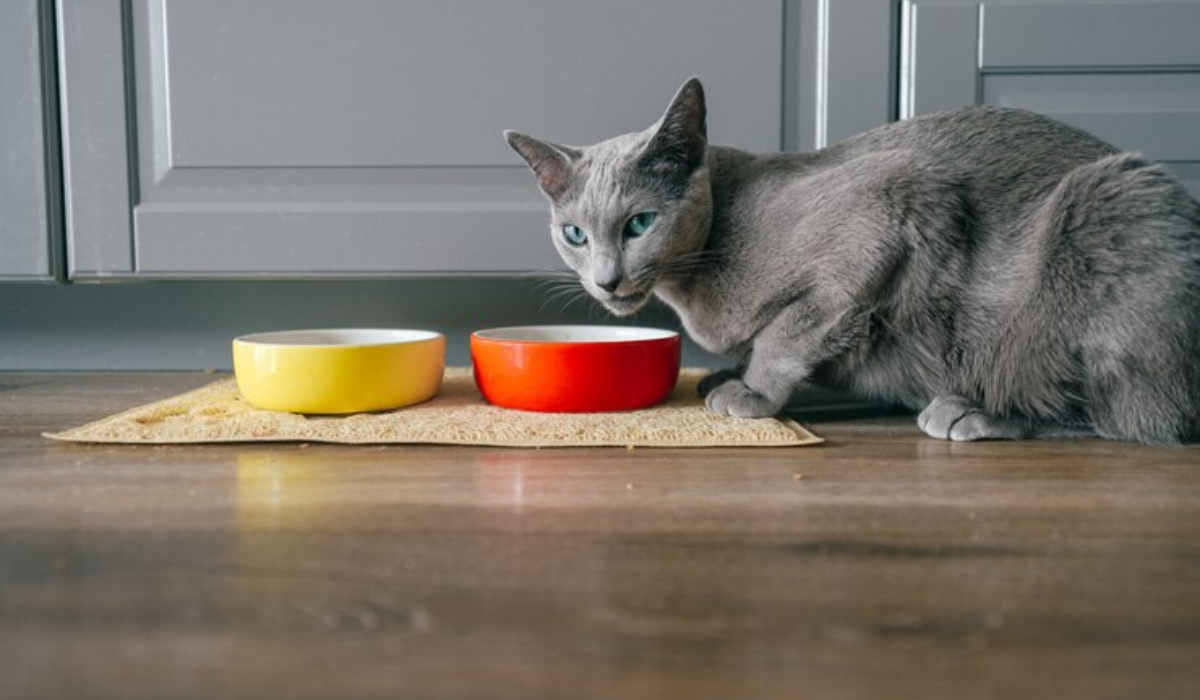Pet owners share a common concern about how often their beloved dogs and cats should visit the vet. Understanding the appropriate frequency of vet visits is crucial for maintaining the health and well-being of our furry companions. In this comprehensive guide, we delve into the varying schedules of vet visits throughout a pet’s life, emphasizing the importance of routine check-ups, microchipping, and immediate attention in emergency situations.
Frequency of Vet Visits:
Pet owners often find themselves pondering the ideal frequency of vet visits for their furry friends. There’s no one-size-fits-all answer, as the schedule varies across different life stages.
Vet Visits for Dogs:
- Puppies: In their initial weeks, puppies require frequent visits for vaccinations and thorough examinations. Microchipping is highlighted as a crucial step for proper identification.
- Adult Dogs: Once past the puppy stage, adult dogs generally have annual wellness exams. However, the frequency may vary based on individual health concerns and lifestyle factors.
- Senior Dogs: As dogs age, more frequent visits (2 or more per year) become essential to address aging-related health issues and ensure their well-being.
Membership Benefits:
Introducing the 24Petwatch Lifetime Protection Membership, which offers a range of benefits designed to support pet owners. These benefits include a $30 Rover discount, access to a 24/7 Vet Helpline, and services for lost pet recovery.
Emergency Situations:
Pet owners are educated on recognizing signs of serious illness and the importance of immediate attention in emergency situations. Emergency vet visits are deemed necessary for symptoms such as extreme lethargy, bleeding, or difficulty breathing.
Vet Visits for Cats:
- Kittens: During their early weeks, kittens require frequent vet visits for vaccinations and wellness exams, setting the foundation for a healthy life.
- Adult Cats: Once fully vaccinated, adult cats transition to annual vet visits. The guide suggests spaying or neutering around five months of age.
- Senior Cats: As cats enter their senior years, biannual checkups become essential to monitor and address age-related health issues proactively.
Microchipping Importance:
Emphasis is placed on the importance of microchipping for both dogs and cats. Microchips serve as a reliable method of identification, and maintaining up-to-date contact information is crucial for effective pet recovery.
Overall Message:
The guide concludes by reiterating the importance of vet visits, acknowledging the time and financial investment required. Regular visits contribute to preventive care, early detection, and the overall well-being of pets. Following recommended schedules and ensuring accurate microchip information are emphasized as key practices for ensuring a pet’s safety and longevity.
In summary, this comprehensive guide aims to empower pet owners with the knowledge needed to navigate the diverse landscape of vet visits, ultimately fostering a healthier and happier life for their cherished companions.









